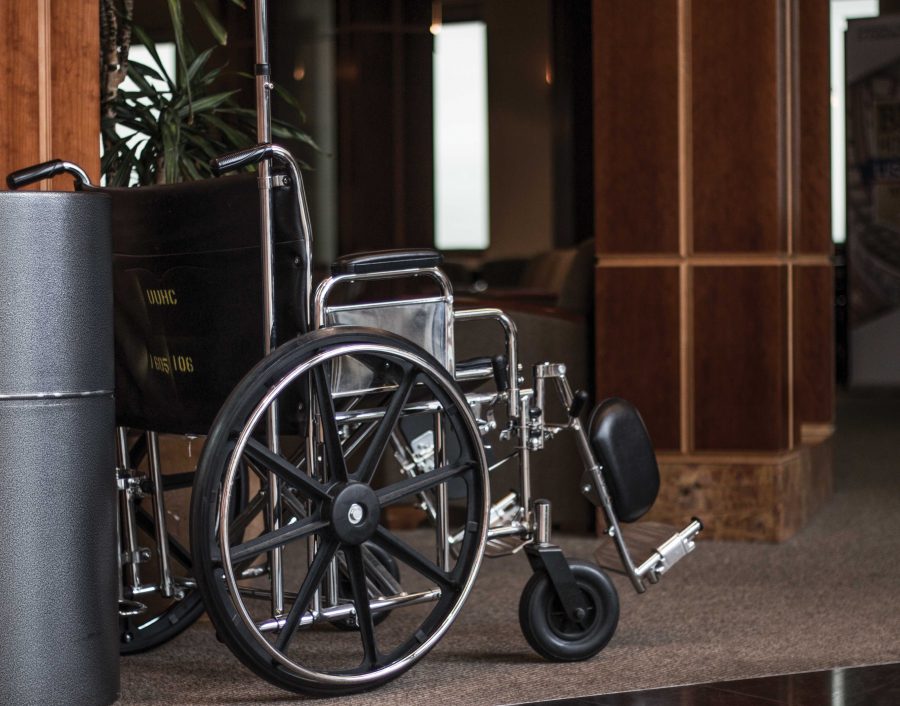This November, Utahns will have the chance to vote for a new United States senator, four new members of the House of Representatives and many other important statewide and local races. In one of the most consequential elections in American history, it’s essential to register to vote and make your voice heard. Luckily, thousands of Utahns are registering to vote for the first time. Experts expect turnout to be higher than typical midterm elections. Many voters are motivated by their support of, or opposition to, the Trump administration. Others are excited to vote for particular candidates, such as Mitt Romney or Ben McAdams. A recent poll, however, found that more voters are motivated by upcoming ballot propositions than by either President Donald Trump or any particular candidate.
This year’s ballot propositions and constitutional amendments cover key issues affecting our state and the results of this election will have an enormous impact on most Utahns. While Proposition 2, which would legalize medical marijuana, has inspired especially vigorous debate, all of the ballot propositions are worthy of careful consideration. Proposition 3 would expand Medicaid under the Affordable Care Act, covering an additional 150,000 Utahns. As too many of our citizens struggle to afford the coverage that they need, this proposition could be a literal lifesaver for many Utah families. In the wealthiest nation in the world, nobody should have to choose between forgoing essential healthcare and financial ruin. For this reason, Utahns should vote in favor of Proposition 3.
Under the Affordable Care Act, also known as Obamacare, Medicaid was expanded to cover those with an income up to 138 percent of the federal poverty limit. Some states, however, including Utah, opted out of the Medicaid expansion. This decision hurt many Utahns who technically lived above the poverty line but still struggled to afford the exorbitant costs of healthcare in this country. Utah also gives up millions of dollars in federal funding. If Proposition 3 passes, every dollar spent by the state government on Medicaid will be matched with nine dollars from the federal government, which is an increase of funds entering the state. This means expanding Medicaid is not only a moral imperative — it is a smart financial decision. By refusing this federal funding, Utah lawmakers have unnecessarily hurt some of the most vulnerable members of our state.
The majority of Utahns — 59 percent in a recent poll from the Salt Lake Tribune and the Hinckley Institute of Politics — support Proposition 3. Dozens of healthcare professionals and organizations have also supported Medicaid expansion. According to Deseret News, “There are no groups registered in Utah to campaign against Proposition 3 that have reported raising money.” Passing Prop 3 seems like a rare political no-brainer. However, many Republicans in the legislature are still resistant to any form of Medicaid expansion. Some complain that expanding the program would be too expensive, and Sen. Jacob Anderegg of Lehi has publicly claimed that he will try to repeal Prop 3 if it passes.
These lawmakers have made their position clear — they care more about partisan grandstanding than effectively representing their constituents. For the past several years, Utah healthcare policy has been motivated by a hatred of the Affordable Care Act and any tax increase, however reasonable. Of course, tax increases should not be taken lightly, but the proposal in Prop 3, a .15 percent sales tax increase, is a more than justifiable investment. Both locally and nationally, it is time for Republicans to face the music. Progressive healthcare policy is widely popular, and it helps millions of people.
Some voters, on both the left and the right, will object to Prop 3 because the healthcare in America is so fundamentally broken. These voters might wonder if Medicaid is worth investing in all. It is true that many aspects of the American healthcare system, including Medicaid and the Affordable Care Act, are imperfect and in need of long-term reform. Medicaid has been proven itself effective in many ways, however. One study measured the life outcomes of children who were in utero during Medicaid expansions in the 1980s. The researchers found these babies were more likely to be healthy adults, graduate high school and not need public assistance programs. Other studies found increased access to Medicaid is associated with access to health insurance, economic mobility and fewer visits to the emergency room. While we should push for more comprehensive healthcare reform, denying thousands of Utahns access to Medicaid is immoral and illogical. I urge everyone to register to vote and cast their ballots in favor of Proposition 3.


